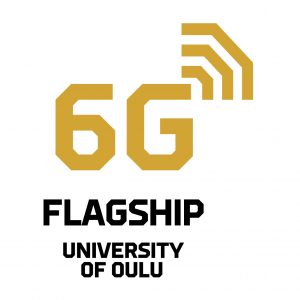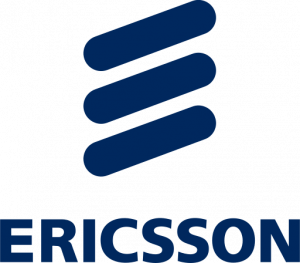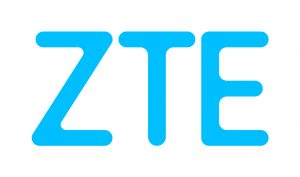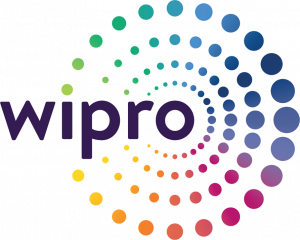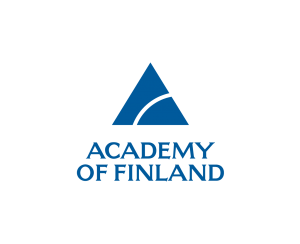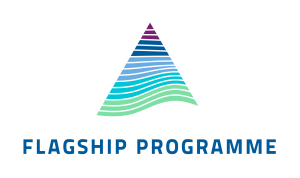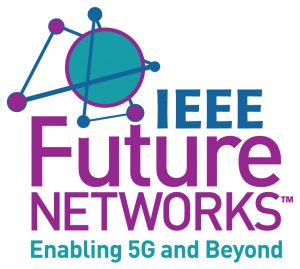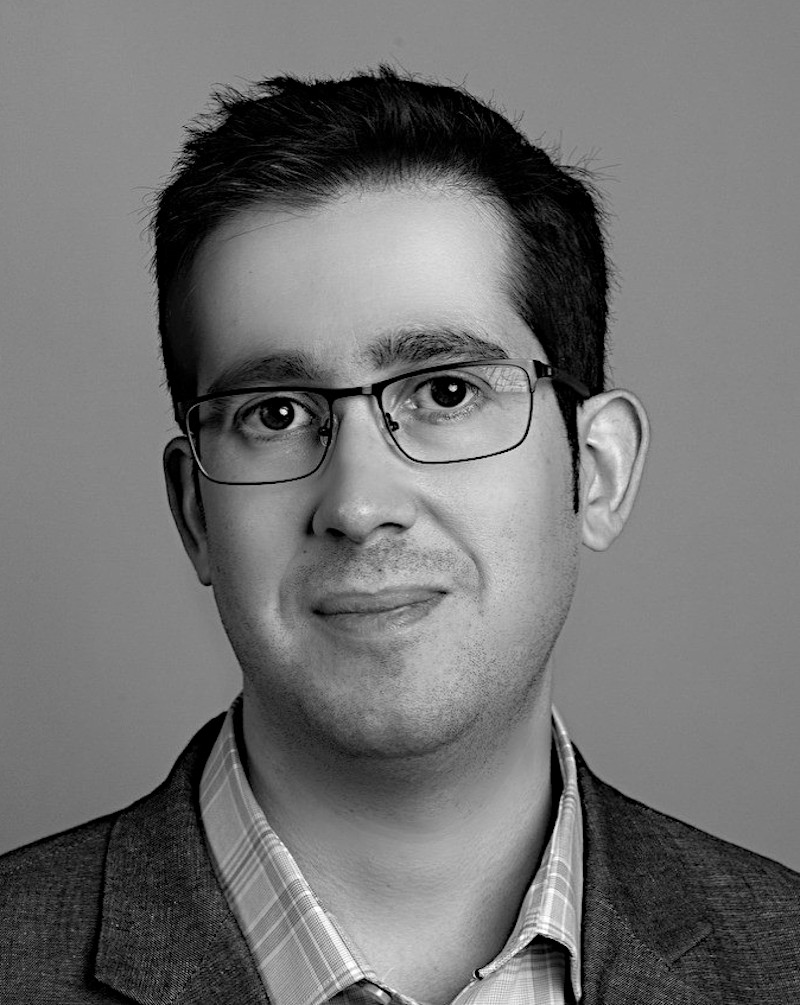
Josep M. Jornet is an Associate Professor in the Department of Electrical and Computer Engineering at Northeastern University, in Boston, MA. He received the B.S. in Telecommunication Engineering and the M.Sc. in Information and Communication Technologies from the Universitat Politecnica de Catalunya, Barcelona, Spain, in 2008. He received the Ph.D. degree in Electrical and Computer Engineering from the Georgia Institute of Technology, Atlanta, GA, in 2013. From August 2013 and August 2019, he was an Assistant Professor with the Department of Electrical Engineering at the University at Buffalo, The State University of New York. His current research interests are in Terahertz-band communication networks, Wireless Nano-bio-communication Networks and the Internet of Nano-Things. In these areas, he has co-authored more than 120 peer-reviewed scientific publications, 1 book, and has also been granted 3 US patents, which accumulate over 7,200 citations (h-index of 39) as of February 2020. He is serving as the lead PI on multiple grants from U.S. federal agencies including the National Science Foundation, the Air Force Office of Scientific Research and the the Air Force Research Laboratory. He is a recipient of the National Science Foundation CAREER award and of several other awards from IEEE, ACM and UB.
Experimental Demonstration of Ultra-broadband Secure Communications at True Terahertz Frequencies
The need for higher data-rates and more ubiquitous connectivity for an ever-increasing number of wirelessly connected devices motivates the exploration of uncharted spectral bands. In this context, Terahertz (THz) communication is envisioned as a key wireless technology of the next decade. For many years, the lack of compact and efficient means to generate, modulate, detect and demodulate THz signals limited the applications of the THz band. However, major advancements related to electronic, photonic and plasmonic THz device technologies is finally closing the THz gap. Moreover, multiple recent theoretical and experimental studies have demonstrated that, despite the frequency-selective absorption losses introduced by water vapor, the THz band supports very large transmission bandwidths, in the form of multiple windows, tens to hundreds of GHz wide, each. This very large bandwidth can be exploited to enable ultra-fast data-rates in the order of Terabit-per-seconds. Alternatively, such vast consecutive spectral resources can be leveraged to enable ultra-broadband spread spectrum techniques for secure communications. In this talk, secure waveform design strategies for THz communications will be discussed, analytically modeled, and experimentally validated by utilizing a state-of-the-art testbed for ultra-broadband communications at true THz frequencies.
Hits: 426
